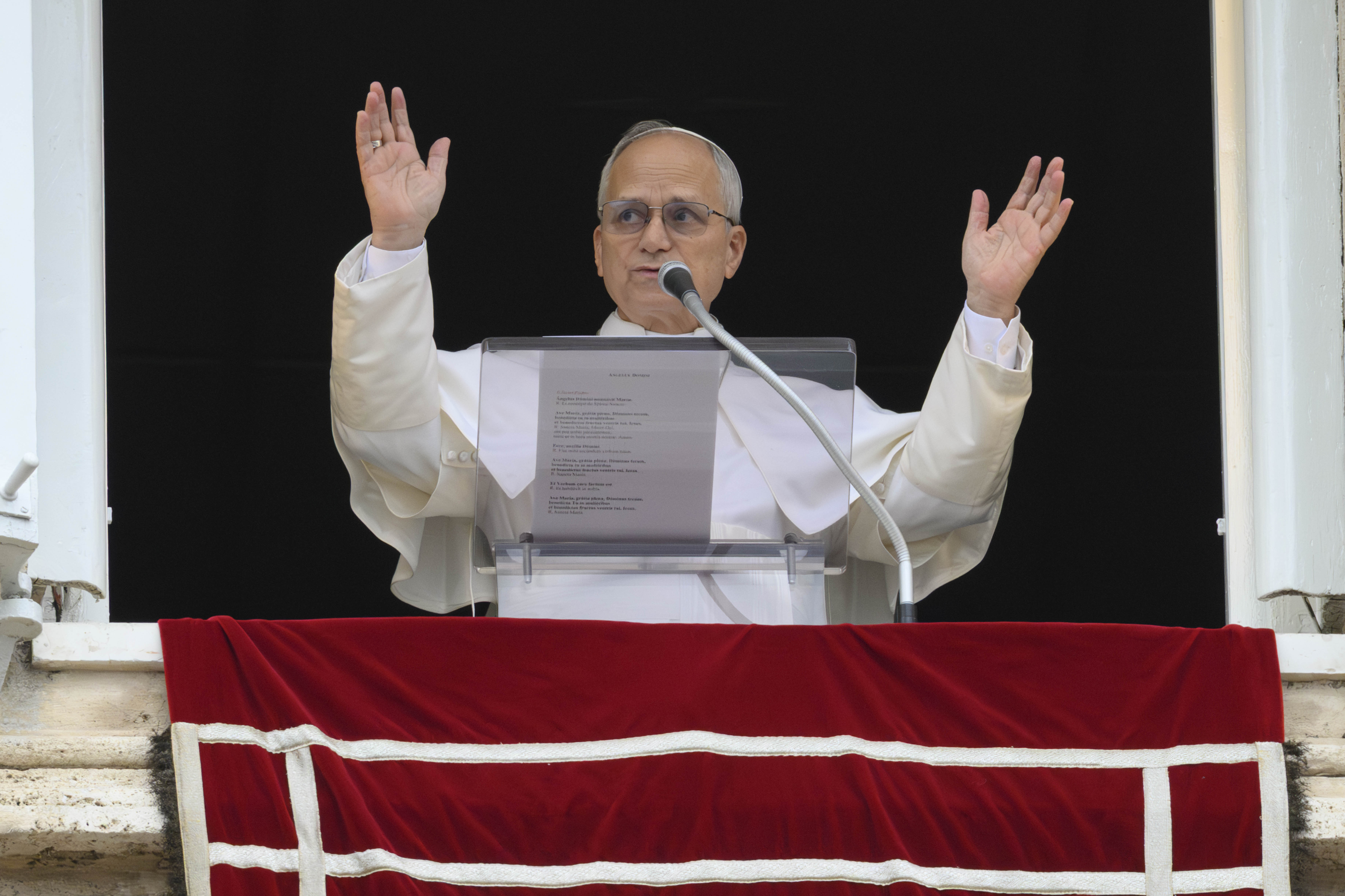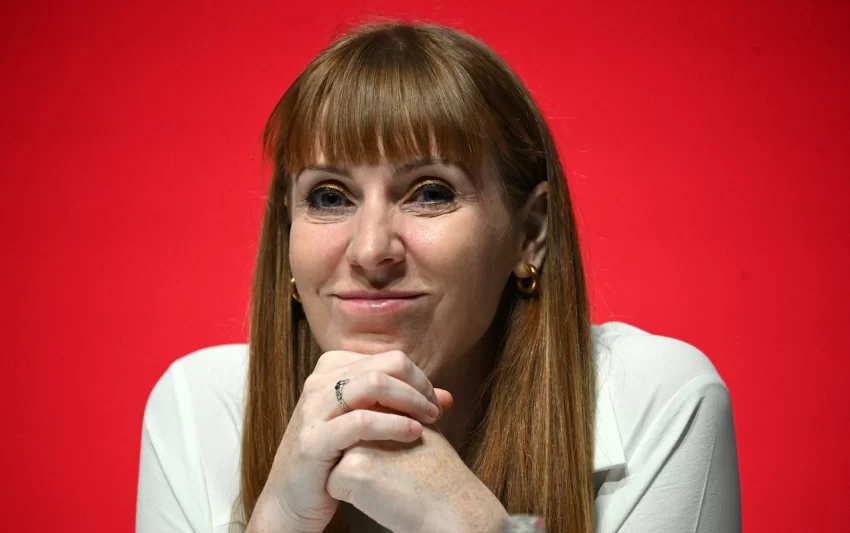Third time lucky: Meloni seeks compromise on bank tax after past failures
ROME — Italian Prime Minister Giorgia Meloni appears to be edging closer to a politically viable tax on banks, with both sides more open to compromise after earlier attempts fizzled under pressure from financial elites.
It signals growing acceptance of levies on credit institutions in Europe as war, trade restrictions and rising debt put strain on government coffers ahead of annual budget talks.
Since banks grew rich off rising interest rates, Meloni has sought to impose levies to make up for a perennial budget shortfall. But Italy’s influential lenders, backed by centrists in the prime minister’s coalition, have consistently pushed back, securing walk-backs and major concessions.
This time, the government appears to have learned its lesson, and is seeking to engage more proactively with Italy’s banks, which have in turn accepted the need to compromise, according to three people familiar with internal dynamics.
Italy’s banks have been routinely criticized by the populist right flank of Meloni’s coalition for taking advantage of rising interest rates between 2021 and 2023 to boost their profits, charging higher interest on loans while keeping the interest paid on savings accounts relatively low.
Critics also point out that banks’ rising profits were derived in large part from interest paid on their large holdings with the European Central Bank rather than through productive enterprise.
Despite clashes in the past, the government is now keen to strike a solution that would both satisfy the need for fresh revenue amid competing budget pressures and keep financial markets onside, especially as Meloni wins plaudits for her management of the economy.
In recent weeks, both Meloni and Finance Minister Giancarlo Giorgetti have said that banks will need to make “contributions” for next year’s budget to redistribute excess profits to other, more depressed areas of the economy.
What happens next remains unclear. The Association of Italian Banks (ABI), which represents much of the financial sector in dialogue with the government, hasn’t yet met with the Treasury, according to the people familiar with the matter, who were granted anonymity to discuss nonpublic discussions.
But officials are already mulling a number of proposals that will then be submitted to the financial sector. One of them, according to three other people familiar with internal deliberations, is a tax of between 4 percent and 6 percent that would target profits exceeding those made between 2020 and 2022, and which would be adjusted based on the size and scope of a given bank, with smaller regional banks enjoying a lower rate.
The tax, which would apply for two years from 2025 and could generate between €2.5 billion and €3 billion, echoes a similar proposal by the hard-right League, which has been the most enthusiastic supporter of a bank tax in Meloni’s coalition. According to one lawmaker, that proposal was seen as less vulnerable to legal challenge because Spain has imposed a similar levy. A Treasury spokesperson denied claims that the tax was being discussed.
Whether it makes it into law or not, it’s an example of the government’s less punitive approach to lenders, in stark contrast to Meloni’s earlier policies, including an abortive push for a 40 percent windfall tax in 2023. The government heavily diluted that measure after bank stocks tumbled, and the following year it imposed only a temporary measure — expected to be extended this year — that forced banks to suspend the use of lucrative tax credits.
The Spanish-style measure is “no longer framed as a populist attack on the banking sector but as a calibrated fiscal tool to channel part of the industry’s exceptional profits toward social and economic support measures,” reads one memo circulated in Italian banking circles. “The new tax aims to be credible, limited, and technically sound — not a punitive gesture, but a pragmatic way to raise a few billion euros without destabilizing the market.”
A key pillar of the proposal is the redistribution of profits to households, mortgage holders and businesses affected by high interest rates — highlighting growing awareness of the imbalances caused by European monetary policy.
Recognition of this skewed economic reality also means there’s likely to be less resistance from the Bank of Italy, which harshly criticized the 2023 proposal. But this time, lenders are seen as sufficiently healthy to withstand any new levies, and regulatory authorities are unlikely to push back even if they disagree with them, said one senior Bank official, speaking on condition of anonymity.
The politics remain complicated, however. On the one hand, opposition to a tax on windfall profits is already emerging from the late Silvio Berlusconi’s center-right Forza Italia party, a junior coalition partner which embraces a more liberal economic doctrine and has decried the idea of new levies as government overreach.
“On principle, Forza Italia is against the idea of any tax on ‘extra profits’,” Maurizio Casasco, a Forza Italia lawmaker and the party’s top economic adviser, told POLITICO. “There’s no ‘right tax’ and ‘wrong tax’.”
At the same time, Forza Italia is open to any new deal that’s supported by both the financial sector and the government, as last year’s measure was, Casasco added.
League leader Matteo Salvini, Meloni’s deputy prime minister, has taken a much harsher line, mounting repeated attacks on banks for failing to distribute record profits to customers.
The government is also mulling a tax on corporate buybacks, which would affect many banks but also countless firms, as POLITICO reported in August.




















:quality(85):upscale()/2023/09/18/918/n/1922398/a1136b676508baddc752f5.20098216_.jpg)
:quality(85):upscale()/2025/10/09/670/n/1922283/00b944c868e7cf4f7b79b3.95741067_.jpg)
:quality(85):upscale()/2025/10/15/765/n/1922398/29c37a6e68efd84bb02f35.49541188_.jpg)
:quality(85):upscale()/2025/09/09/891/n/1922283/7222624268c08ccba1c9a3.01436482_.png)
















